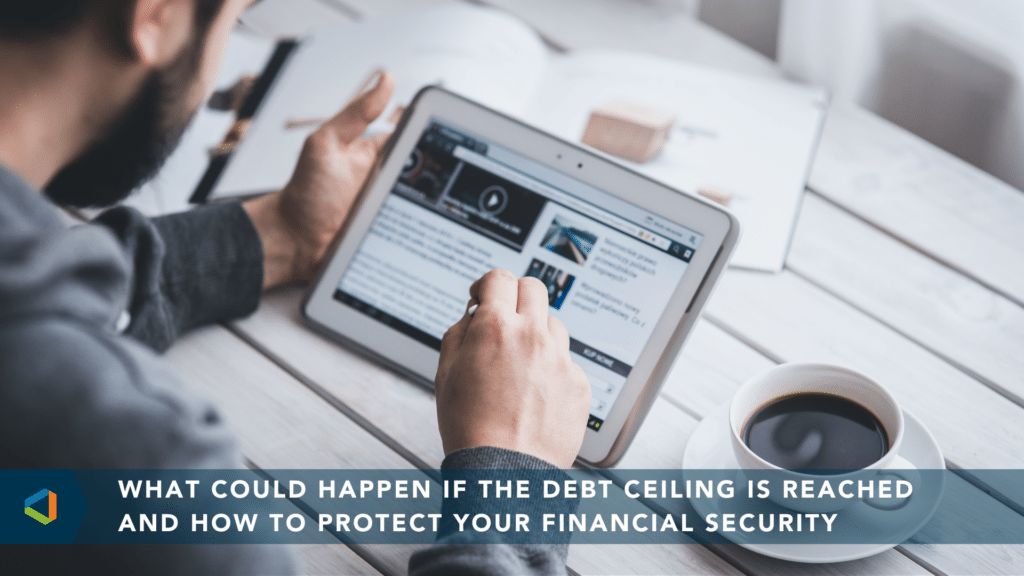Healthy People
3 Helpful Tips to Start Building Emergency Savings
3 Helpful Tips to Start Building Emergency Savings
Almost 50% of people would be unable to handle an emergency expense of $400 based on their current financial situations.
According to a recent report from PYMNTS and LendingClub, that number only increases for Gen Z, which would struggle more than any other generation to cover the bill.
If you’re living paycheck to paycheck, the financial stress is real, especially when something expensive comes along that you weren’t expecting. One thing that may help get over the hump from being stressed and overwhelmed to feeling better is building an emergency fund.
Having money set aside for emergencies is vitally important because:
- It may allow you to avoid putting charges on your credit card for unexpected expenses. Unfortunately, charging it is only a short-term fix and may lead to more long-term stress. High-interest charges can start piling up if the bill isn’t paid off quickly.
- An emergency fund could be the difference between taking a loan from your 401(k) or not. Leaving money in your retirement account is important and allows it to grow over time.
- Most importantly, it can provide you with much-needed peace of mind knowing there’s money for emergencies.
How can you afford to put cash away into an emergency fund when money is tight?
In honor of America Saves Week, we asked three OneDigital financial advisers for their best insights on starting and saving in an emergency fund, so you can grow your balance without feeling stressed.
Tip #1: Just get started!
“When it comes to starting your fund, it helps to set a reasonable target for your account to start, like $500 or $1,000. And it’s a good idea to set it apart from your spending account and automate small regular contributions to it. It may take time to build the balance, but that’s okay. Money market, savings, and similar accounts are great for emergency funds because the money is accessible when you need it.”
— Alec Hoover, Financial Elements Mentor, OneDigital Retirement + Wealth
Tip #2: Don’t fall back into bad habits by adding debt.
“An emergency fund—even a small one—can help you avoid adding debt. When you’re trying to pay off debt, it’s important to stop adding to it. If you can pay for bumps in the road with your emergency fund, you can stay on track with paying down debt and avoid the stress of falling behind. ”
— Mathew Barber, Senior Wealth Advisor, Westminster Consulting, LLC — A OneDigital Company
Tip #3: Think long-term with your finances.
“While it’s possible to take a loan from your 401(k) and similar retirement accounts for emergencies, it can hurt your financial goals in the long run. Borrowing from your 401(k) should only be a last resort because it reduces how much your balance will grow over time and likely impacts your future contributions while you’re paying it back. In the worst-case scenario, it may cause you to work longer to have enough money to retire. That’s not a choice you should have to make—we want you to retire on your terms.”
— Ed Wojton, Senior Retirement Plan Consultant, OneDigital Retirement + Wealth
While an emergency fund is good for everyone, there are a couple of situations where it’s even more critical to plan for unforeseen expenses.
- Households with a single income and those who are self-employed need a cushion in the event of a job loss or an extended leave.
- While homeownership has its perks, it can also come with more unexpected repairs and costs to maintain your home.
- People with ongoing medical conditions can use an emergency fund to help pay costs that arise or help if an illness means time away from work.
- People who live far away from family may need to travel at a moment’s notice, which can be costly.
Big picture, your emergency fund should go hand-in-hand with a budget. If you’re starting to budget, it’s normal to leave off some expenses unintentionally. Your emergency fund can give you a cushion as you get a better understanding of your annual needs.
Also, if you’re saving for a considerable expense like a down-payment on a house or big trip, an emergency fund ensures you won’t have to dip into that money for unexpected expenses. All in all, the reasons to have an emergency fund far outweigh the detractors.
Ready to start your emergency fund? Kickstart your savings goals with this worksheet from America Saves.
Investment advice offered through OneDigital Investment Advisors, an SEC-registered investment adviser and wholly owned subsidiary of OneDigital.




